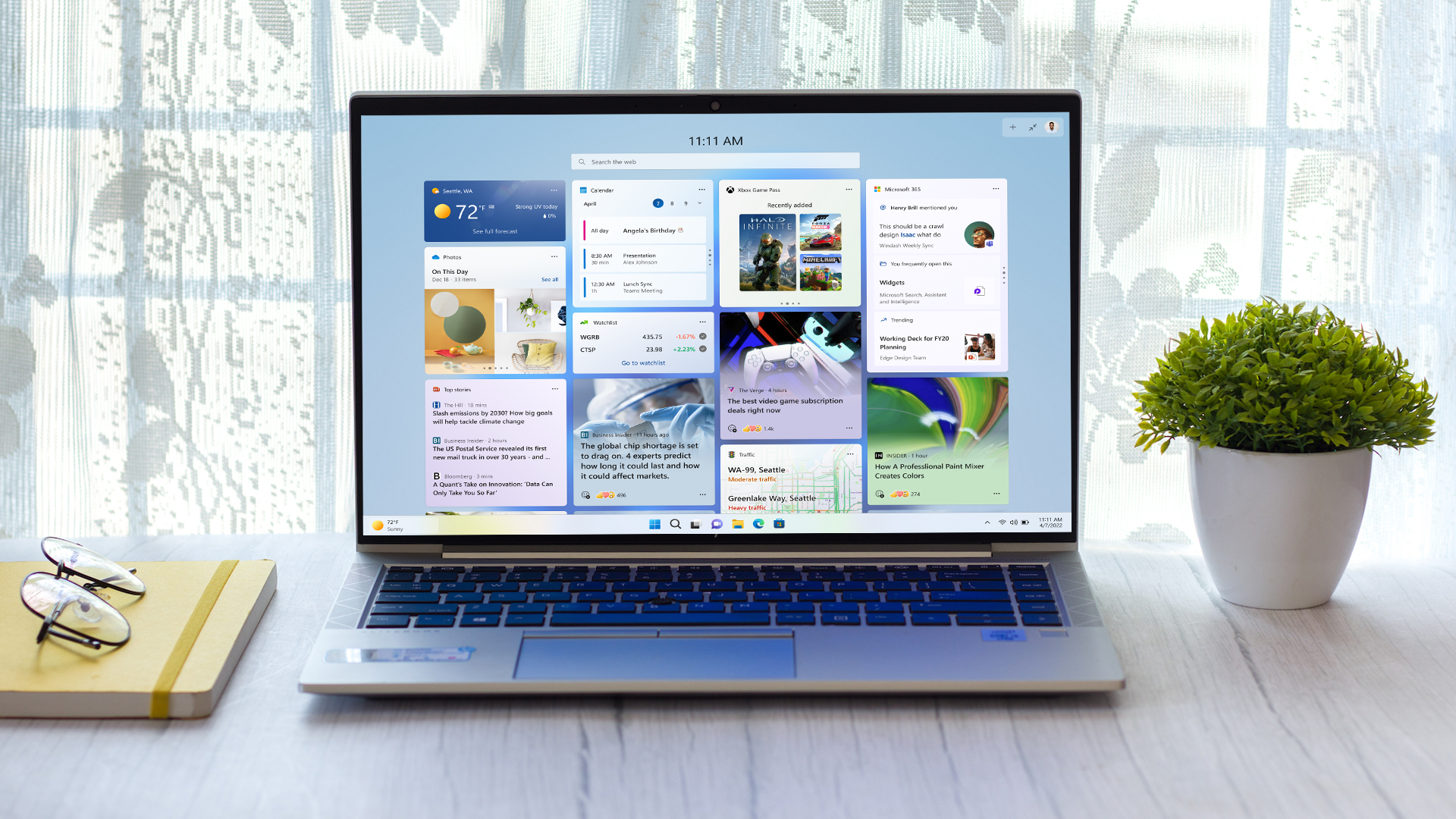Don't ask ChatGPT or Google Bard for a Windows 11 key - here's why
There are a few good reasons why this stunt is not one you should entertain

Sign up for breaking news, reviews, opinion, top tech deals, and more.
You are now subscribed
Your newsletter sign-up was successful
There’s been a flurry of reports of ChatGPT and Google Bard providing users with serial keys for Windows 11 (or Windows 10), but as you might guess, these don’t appear to be fully functional (and neither is it a good idea to seek out this method of getting an OS up and running – we’ll come back to why later on).
Neowin reported on some of these incidents, as flagged up on Twitter by Sid, who posted about Windows 10 Pro keys being provided by both ChatGPT (which powers Bing AI) and Google’s Bard chatbot.
ChatGPT gives you free Windows 10 Pro keys! And it surprisingly works 😂 pic.twitter.com/T4Y90lfzoYJune 16, 2023
Sid also posted about successfully getting an upgrade from Windows 11 Home to Windows 11 Pro using the same method (which we also witnessed nabbing Windows 7 keys previously, last week – as discovered by Enderman).
This is how you can upgrade from Windows 11 Home to Windows 11 Pro using Google Bard/ ChatGPT for FREE!It works 😭 pic.twitter.com/ev353HsKOlJune 17, 2023
Indeed, we’ve seen a post on Reddit that a code requested for Windows 7 Ultimate actually worked for Windows 11 Pro (add seasoning with all these claims, of course – it’s not hard to find further reports along such lines across various online forums).
Analysis: Don’t be tempted…
So, what’s going on here? For starters, as you can see if you sift through these various threads, a large number of these keys don’t work anyway. However, some folks are having success with at least a small number of the provided serial keys, and they’re getting Windows 10 or 11 to install (or firing up an upgrade to Pro).
The advice given to those who can’t get one to work is simply to keep trying, but even if you do stumble upon one that’s good for starting the installation of the OS, that isn’t the end of the story.
The thing is these appear to be generic installation keys, meaning they allow for installation of a given Windows version, but crucially, not activation. These generic keys are freely available and designed for anyone who wants to, for example, try out an OS on their machine to make sure it works, or get a flavor of it.
Sign up for breaking news, reviews, opinion, top tech deals, and more.
In other words, going ahead with the installation (or upgrade process, in some cases) with one of these keys that seems to work at first glance might well end in heartache when you realize it can’t be activated - and you'll eventually have to revert your PC back to how it was. In short, you’ll be going through a lot of hassle for nothing.
What the chatbot is seemingly doing is pulling generic keys off a website somewhere (these aren’t hard to find, all you need to do is a simple web search). As Neowin informs us, when it tried the same stunt, Bard even pointed out that the key was from an old PC (and, amusingly, ChatGPT said that keys were for “personal use only and should not be used for any illegal activities”).
Even if, somehow, one of these keys does work and turns out to be valid for activation – which admittedly there are reports of too (here, have the salt shaker) – we still think that at some point, you’ll inevitably pay the price for circumventing paying for a product, which after all is piracy. Blaming it on a chatbot giving you the code is not going to be a credible defense – you’ve still gone ahead and knowingly done something illegal.
To sum up, then, you’re best off ignoring these whisperings of free serial keys, and we’d be surprised if you got one that works for actual validation (and continues to work going forward – because there are no guarantees with a key obtained via dodgy means). Is it worth living under the shadow of the potential of your OS installation going defunct at some stage down the line thanks to that key? In our book, no, it isn’t – and as we’ve already said, this is illegal, anyway. Steer well clear...
Darren is a freelancer writing news and features for TechRadar (and occasionally T3) across a broad range of computing topics including CPUs, GPUs, various other hardware, VPNs, antivirus and more. He has written about tech for the best part of three decades, and writes books in his spare time (his debut novel - 'I Know What You Did Last Supper' - was published by Hachette UK in 2013).